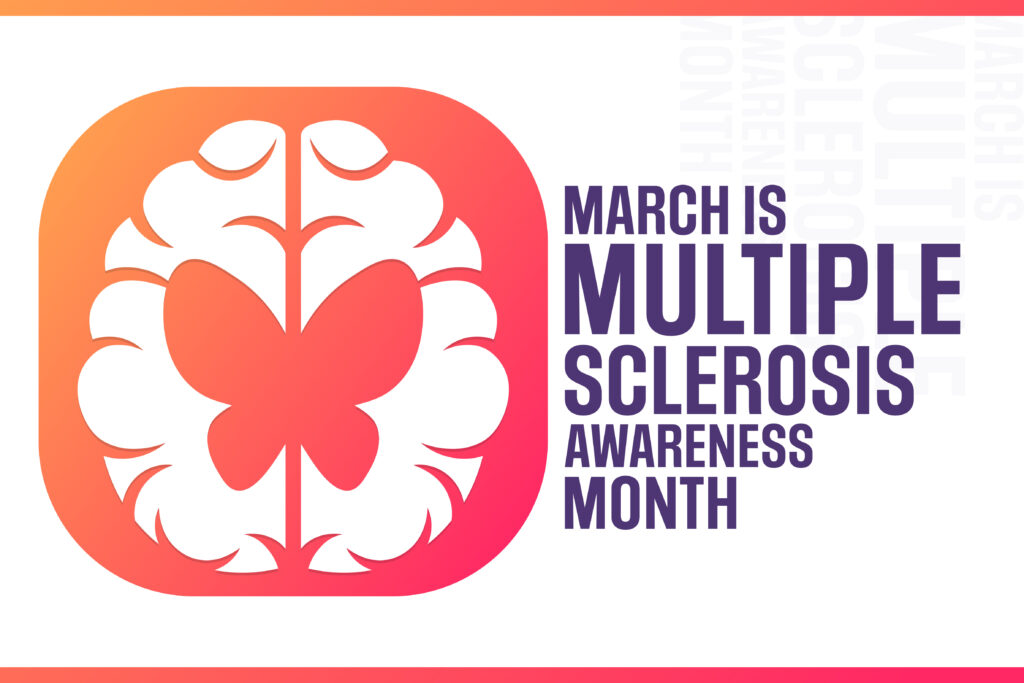March marks Multiple Sclerosis Awareness Month, a significant period dedicated to elevating public understanding and knowledge about Multiple Sclerosis (MS), a chronic and often debilitating condition that impacts the central nervous system. This awareness campaign is crucial as MS is known for its unpredictability and a wide array of symptoms, ranging from physical impairments to mental and sometimes psychiatric challenges.
Throughout this month, emphasis is placed on recognizing and appreciating the resilience and courage of the nearly 2.8 million individuals across the globe who live with MS. These people face daily challenges and often require significant support and understanding from their communities.
Multiple Sclerosis Awareness Month serves as a platform for various organizations, healthcare professionals, and communities to collaborate in spreading awareness. They share personal stories, successes, and struggles of those affected, creating a narrative that is both informative and empathetic. This period also plays a pivotal role in fundraising initiatives. Funds raised are vital for advancing research efforts focused on understanding the complexities of MS, improving treatment options, and ultimately, fueling the quest for a cure.

As we observe Multiple Sclerosis Awareness Month, it’s crucial to not only spread awareness about Multiple Sclerosis (MS) but also to dispel prevalent myths and misconceptions surrounding this condition. Despite ongoing research and public education efforts, there are still several misunderstandings that persist about MS. Today, we’ll tackle two of the most common myths.
Myth 1: MS is a Fatal Disease
A widespread misconception about MS is that it is always a fatal condition. It’s important to clarify that MS is, in fact, a chronic illness and not directly fatal. Most individuals with MS have a normal or near-normal lifespan. While MS can lead to various health complications and significantly impact a person’s quality of life, it is not considered a terminal illness in the traditional sense. This misunderstanding can create unnecessary fear and anxiety among those diagnosed with MS and their loved ones. Understanding that MS is a chronic condition, not a death sentence, is vital.
Myth 2: MS is Contagious or Hereditary
Another common myth is the belief that MS can be transmitted from person to person or that it’s strictly hereditary. It’s critical to understand that MS is not contagious – you cannot catch it from someone else. The causes of MS are complex and involve a combination of factors, but direct transmission between individuals is not one of them. Regarding heredity, while there is a genetic component to susceptibility, having a family member with MS does not guarantee that you will develop the condition. MS is thought to result from a mix of genetic, environmental, and possibly viral factors, but it is not inherited in a straightforward manner like some other conditions.
By addressing these myths, we hope to contribute to a better understanding of MS and reduce the stigma and misinformation that can surround this condition. Awareness and knowledge are key in supporting those who live with MS and in fostering a community of empathy and understanding.


